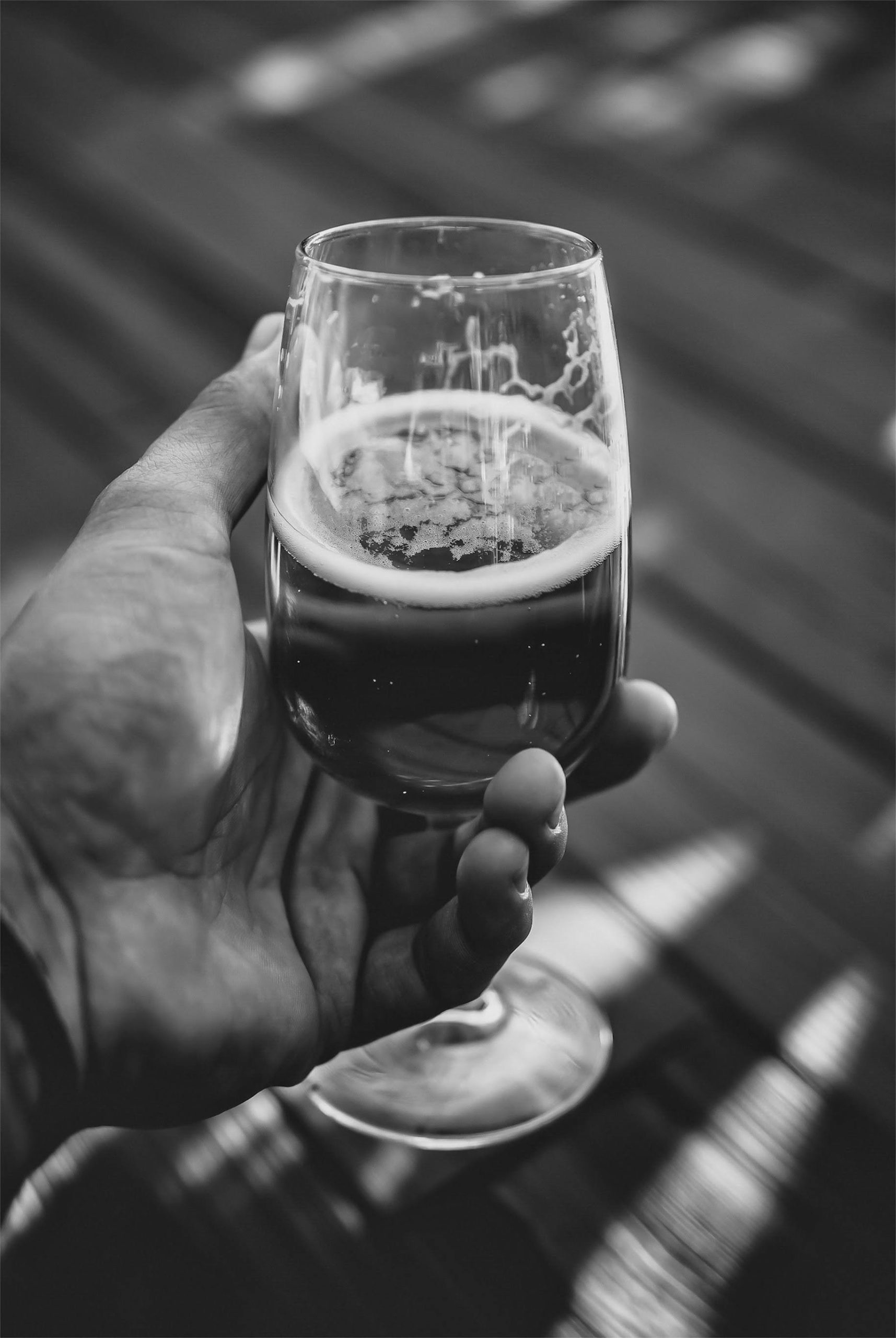Your cart is currently empty!

Steven Coulson
Steven has been drinking beers, wines and spirits for decades and has a propensity to go about them at length after a few drinks.
Latest Posts
- My wife found out our favorite Gin for martinis was discontinued. I think we are good for a while…

- Oregon Road Trip: Freeland Spirits Garden Botanicals Gin

- Botanist with Trader Joe’s Lemon and Elderflower Soda

- I’m one of the worlds leading buyers of craft gin in the world and a international spirit judge AMA

- I’m blown away…. By how let down I am by this Gin.

Categories
Tags
Social Links

Navigating the Craft Beer Conversation: How to Share Your Passion Without Sounding Overbearing
In the world of beer enthusiasts, the distinction between ‘beer’ and ‘craft beer’ can often lead to some light-hearted, if awkward, moments with friends who might not share the same appreciation. If you’ve ever found yourself in a situation where your friends simply refer to beer in general terms, only to arrive with a bulk pack of the cheapest options available, you know the struggle.
Imagine this: you’re out at dinner, and your friends are casually pointing at the menu saying, “I’ll have a beer,” as if the word refers to just one flavor. Meanwhile, you’re craving something with a bit more character, perhaps a hoppy IPA or a rich stout. At your last gathering, when you brought along some premium craft brews, you could feel the palpable shift as everyone took a polite sip and then retreated back to their trusty, no-frills beer.
On more than one occasion, upon mentioning hops or sharing a detail about brewing techniques, you may have noticed your friends switching to autopilot, mentally preparing for what they perceive as the looming “craft beer lecture.” It’s a common scenario for those who appreciate the wide and varied universe of craft beer—a universe that sadly gets overlooked by those who are satisfied with the same old options.
So, how do you share your love for craft beer without sounding elitist or pretentious?
Approach the Topic Gently
Instead of diving deep into the complexities of brewing, start by discussing the flavors and experiences. Try bringing a few interesting craft beers to your next gathering and frame them as “exciting new finds” to spark curiosity. You might say something like, “I found this amazing local brew that has hints of citrus. I think you guys would really enjoy it!”
Create a Contrast
To help your friends understand the difference, you can talk about the diversity in beer options. Use simple comparisons: “This pale ale is great for summer, while that lager is great for a barbecue, but this Belgian Tripel adds a unique twist with its spice notes.” This way, you’re not tearing down their preferences but rather building up a wider appreciation.
Leverage Tasting Events
Why not organize a casual tasting with your friends? Create a fun, laid-back environment and share a selection of craft beers alongside their usual go-to options. You could even set it up as a “blind tasting,” where they
